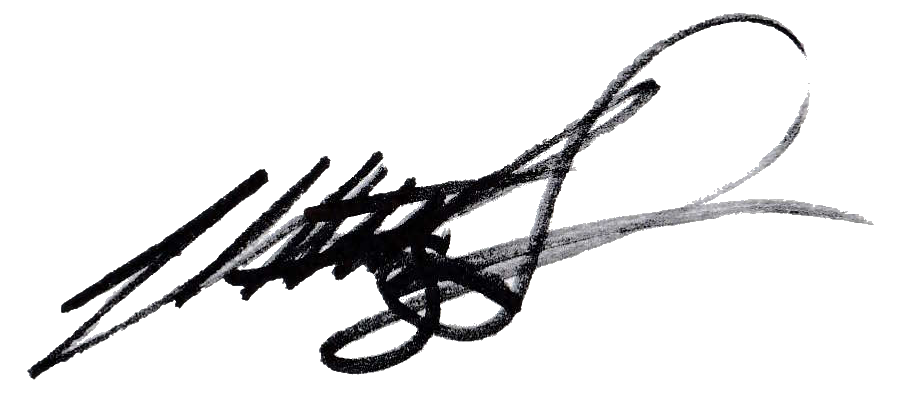The Dangers of Artificial Intelligence in Hollywood Cinema: Balancing Innovation with Responsibility
Artificial intelligence (AI) is rapidly changing the film industry, from virtual production to predictive analytics for box office success. However, while AI offers numerous benefits, it also poses significant dangers. In this blog post, we will discuss the dangers of AI in Hollywood cinema, including the potential for bias, the loss of creative control, and the ethical considerations that must be addressed.
The Potential for Bias in AI Algorithms
AI algorithms are only as unbiased as the data used to train them. If the data used to train AI algorithms is biased, the resulting algorithms may also be biased. This can have significant implications in Hollywood cinema, where AI algorithms are being used for everything from casting to predicting box office success.
For example, if the data used to train an AI algorithm is biased against women or people of color, the algorithm may be less likely to cast women or people of color in lead roles. This can perpetuate harmful stereotypes and limit opportunities for underrepresented groups in Hollywood cinema.
Loss of Creative Control
Another danger of AI in Hollywood cinema is the potential for a loss of creative control. AI algorithms can analyze data related to past movies' box office performance to predict the potential success of upcoming movies. While this can be a valuable tool for studios and filmmakers, it can also lead to a focus on formulaic movies that are more likely to succeed at the box office, rather than innovative and creative films.
Additionally, the use of AI-powered virtual production tools like Unreal Engine can lead to a loss of creative control, as directors and cinematographers may rely too heavily on pre-generated environments and camera movements rather than creating unique and original shots.
Ethical Considerations
As AI becomes more prevalent in Hollywood cinema, it is essential to consider the ethical implications of its use. For example, the use of AI algorithms for casting could lead to discriminatory practices, such as excluding actors with disabilities or those from underrepresented communities.
Another ethical consideration is the use of deepfake technology, which uses AI algorithms to create convincing but entirely fabricated video and audio content. While this technology has numerous potential applications in Hollywood cinema, such as creating realistic special effects or resurrecting deceased actors, it also raises concerns about the potential for misuse and manipulation.
Addressing the Dangers of AI in Hollywood Cinema
To address the dangers of AI in Hollywood cinema, it is essential to balance innovation with responsibility. This includes:
Ensuring that AI algorithms are trained on unbiased data and regularly audited to prevent bias from creeping in.
Maintaining creative control and avoiding relying too heavily on AI-generated content.
Considering the ethical implications of AI's use and taking steps to address potential biases and discrimination.
Examples of the Dangers of AI in Hollywood Cinema
One example of the dangers of AI in Hollywood cinema is the controversy surrounding the casting of Scarlett Johansson in the role of Major Motoko Kusanagi in the film "Ghost in the Shell." Many fans and critics argued that the role should have been given to an Asian actress, but the studio defended the casting decision by citing the success of previous movies with Johansson in the lead role.
Another example is the use of AI-powered virtual production tools like Unreal Engine, which has been criticized for potentially limiting creative control and resulting in formulaic films that rely on pre-generated environments and camera movements.
Conclusion
AI is revolutionizing Hollywood cinema, offering new tools and techniques for filmmakers to tell stories and engage audiences. However, it also poses significant dangers, including the potential for bias, a loss of creative control, and ethical considerations that must be addressed.
To ensure that AI is used responsibly in Hollywood cinema, it is essential to balance innovation with responsibility. This means taking steps to prevent bias in AI algorithms, maintaining creative control, and considering the ethical implications of AI's use.
It's important to note that some companies and organizations are already taking steps to address these concerns. For example, the Sundance Institute has launched a new initiative called the New Frontier Lab, which aims to explore the ethical, artistic, and social implications of emerging technologies like AI in film and other forms of media. The Academy of Motion Picture Arts and Sciences has also established a task force to study the impact of AI on the film industry and to make recommendations on how to address potential concerns.
In conclusion, AI has the potential to revolutionize the film industry, but it also poses significant dangers that must be addressed. The potential for bias, loss of creative control, and ethical considerations must be carefully considered to ensure that AI is used responsibly in Hollywood cinema. With thoughtful consideration and responsible use, AI can continue to enhance the film industry without compromising creativity or perpetuating harmful stereotypes.


